Latest News
 Orange man gets 12 to 14 years for child rape
Orange man gets 12 to 14 years for child rape
 Greenfield Police Logs: April 2 to April 8, 2024
Greenfield Police Logs: April 2 to April 8, 2024

Cleary Jewelers plans to retain shop at former Wilson’s building until 2029
GREENFIELD — More than a year after she was told her business would need to vacate its storefront in the former Wilson’s Department Store, Cleary Jewelers owner Kerry Semaski said she plans to keep her shop at its current location until July 2029...
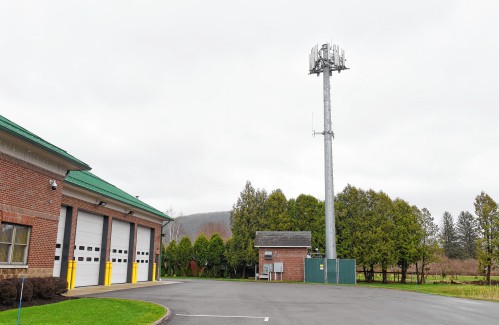
AT&T’s proposed cell tower extension moving forward in South Deerfield
SOUTH DEERFIELD — AT&T’s plans to extend the cell tower behind the South Deerfield Fire District can proceed following recent approval from the Deerfield Zoning Board of Appeals.The project previously received approval from the Planning Board to raise...
Most Read
 Cleary Jewelers plans to retain shop at former Wilson’s building until 2029
Cleary Jewelers plans to retain shop at former Wilson’s building until 2029
 Orange man gets 12 to 14 years for child rape
Orange man gets 12 to 14 years for child rape
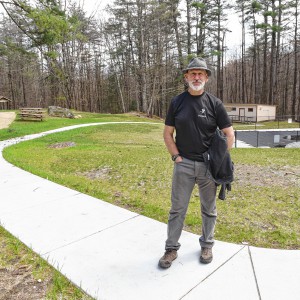 $427K to expand Camp Apex capacity in Shelburne
$427K to expand Camp Apex capacity in Shelburne
 Conway resident leading pilot program to help families facing financial ‘cliff effect’
Conway resident leading pilot program to help families facing financial ‘cliff effect’
 Franklin County Technical School Honor Roll, Semester 1
Franklin County Technical School Honor Roll, Semester 1
 Greenfield Police Logs: April 2 to April 8, 2024
Greenfield Police Logs: April 2 to April 8, 2024
Editors Picks
 Montague, Gill and Erving Notebook: April 18, 2024
Montague, Gill and Erving Notebook: April 18, 2024
 PHOTOS: Blended learning
PHOTOS: Blended learning
 Greenfield Notebook: April 15, 2024
Greenfield Notebook: April 15, 2024
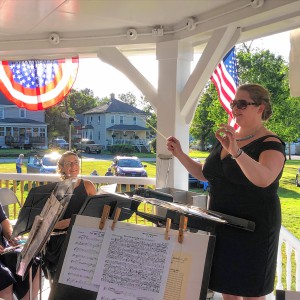 North Quabbin Notebook: April 16, 2024
North Quabbin Notebook: April 16, 2024
Sports
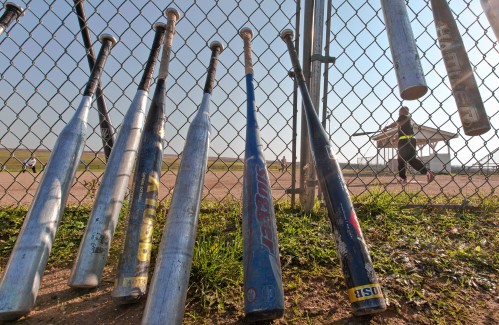
High Schools: Two-run first inning propels Pioneer baseball past Turners
Turners Falls pitcher Joey Mosca did all he could to hold down a potent Pioneer lineup on Tuesday. Mosca gave up two runs in the first inning but settled in from there, not allowing a run the rest of the way while striking out six. The Turners bats...
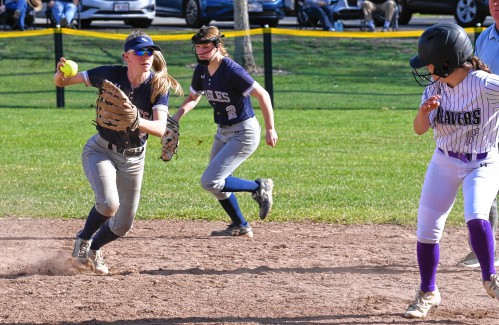 Softball: Hannah Gilbert allows two hits as Franklin Tech knocks off Blackstone Valley, 7-3 (PHOTOS)
Softball: Hannah Gilbert allows two hits as Franklin Tech knocks off Blackstone Valley, 7-3 (PHOTOS)
 UMass basketball: Matt Cross reportedly enters transfer portal
UMass basketball: Matt Cross reportedly enters transfer portal
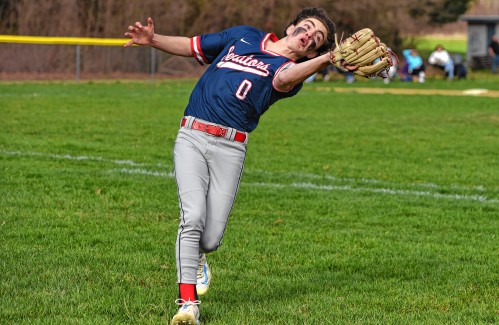 Baseball: Sam Connors, Mahar get past Smith Academy for win No. 2 (PHOTOS)
Baseball: Sam Connors, Mahar get past Smith Academy for win No. 2 (PHOTOS)
Opinion
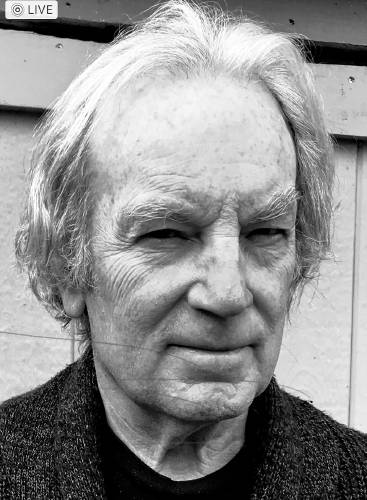
Pushback: Tax fund option helps keep elders in homes
There are elderly and disabled individuals in Greenfield who are struggling to pay their property tax bills. At-large City Councilor Wahab Minhas wants to keep them out of the foreclosure pipeline, and in their homes.When property owners fall behind...
 Maggie Baumer: Access to prosthetics and orthotics for physical activity a right, not a privilege
Maggie Baumer: Access to prosthetics and orthotics for physical activity a right, not a privilege
 Pat Hynes: Nuclear weapons bills need action
Pat Hynes: Nuclear weapons bills need action
 Walt Gorman: Fed up
Walt Gorman: Fed up
 Nikki Garrett: A joy to join in on Earth Day cleanup
Nikki Garrett: A joy to join in on Earth Day cleanup

Business

Tea Guys of Whately owes $2M for breach of contract, judge rules
WHATELY — Tea Guys LLC must pay more than $2 million to a Baltimore tea company due to a breach of contract, a Franklin County Superior Court judge has ruled.The small business in Whately was sued last summer by Zest Tea LLC and had two bank accounts...
 Primo Restaurant & Pizzeria in South Deerfield under new ownership
Primo Restaurant & Pizzeria in South Deerfield under new ownership
 Patrons can ‘walk down memory lane’ at Sweet Phoenix’s new Greenfield location
Patrons can ‘walk down memory lane’ at Sweet Phoenix’s new Greenfield location
 Post-pandemic hardship prompts Between The Uprights closure in Turners Falls
Post-pandemic hardship prompts Between The Uprights closure in Turners Falls
 Starbucks gets go-ahead from Greenfield Planning Board
Starbucks gets go-ahead from Greenfield Planning Board
Arts & Life

Crunch time for matzo: An easy-to-make sweet treat that’s Passover Seder-friendly
Passover begins this coming Monday night. This eight-day holiday means many things to many people: the survival of the Jewish people in the book of Exodus, the overall history of Judaism, and even the last supper of Jesus.This year Easter came more...
Obituaries
 Matthew J. Osofsky
Matthew J. Osofsky
Greenfield, MA - Matthew J. Osofsky, 38, died Saturday 4/6/24 at the Baystate Medical Center in Springfield from injuries sustained from a car accident. He was born in Brooklyn, NY on Febru... remainder of obit for Matthew J. Osofsky
 Sandra J. Niedzwiedz
Sandra J. Niedzwiedz
Erving, MA - Sandra J. Niedzwiedz, 69, of Goodell Place passed away unexpectantly at home on Wednesday, April 10, 2024. She was born in Greenfield on May 3, 1954, the daughter of Bernard an... remainder of obit for Sandra J. Niedzwiedz
 Barbara M. Mahar
Barbara M. Mahar
Greenfield, MA - Barbara M. (Schotte) Mahar, 87, of Log Plain Rd., passed away on April 12, 2024 at Charlene Manor Extended Care Facility. A life-long resident of Greenfield, Barbara wa... remainder of obit for Barbara M. Mahar
 Irving E. Mullette
Irving E. Mullette
North Adams, MA - Irving Mullette was born in North Adams, MA on April 23, 1938 to Eugene and (Vera) Christine Mullette. Out of high school, he went to East Coast Aero Tech Flying School, f... remainder of obit for Irving E. Mullette

 Two local school advocates tapped to lead state’s new Small and Rural Schools Committee
Two local school advocates tapped to lead state’s new Small and Rural Schools Committee
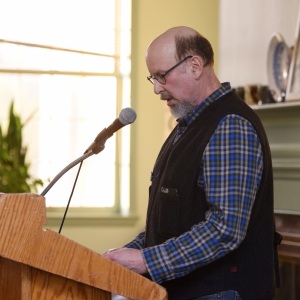 With new library comes new venue for annual Poet’s Seat Poetry Contest
With new library comes new venue for annual Poet’s Seat Poetry Contest
 Wheeling for Healing returns to South Deerfield to raise money for cancer treatment
Wheeling for Healing returns to South Deerfield to raise money for cancer treatment
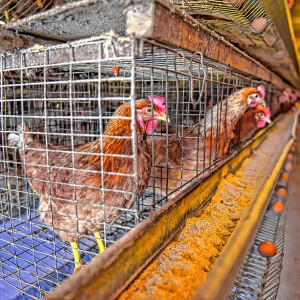 My Turn: The pecking order revolution: Massachusetts’ fight for animal rights
My Turn: The pecking order revolution: Massachusetts’ fight for animal rights
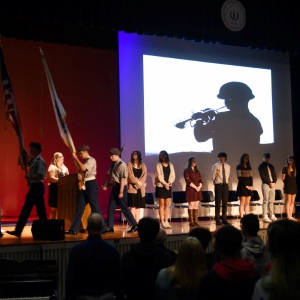 With eye toward teaching firearm safety, Mahar’s Junior ROTC adding air rifles
With eye toward teaching firearm safety, Mahar’s Junior ROTC adding air rifles
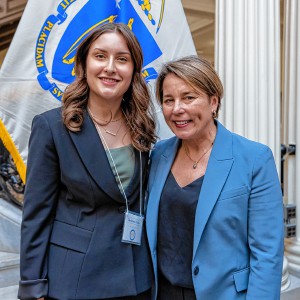 Orange resident selected for governor’s Youth Advisory Council
Orange resident selected for governor’s Youth Advisory Council
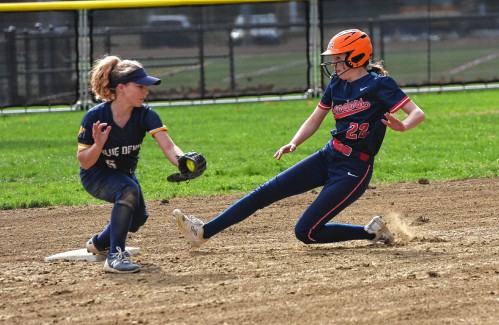 High schools: Mahar softball can’t stay with Northampton in 20-6 loss (PHOTOS)
High schools: Mahar softball can’t stay with Northampton in 20-6 loss (PHOTOS) Spotlight on women in classical music: Brick Church Music Series’s season comes to a close, April 28-29, with Champlain Trio
Spotlight on women in classical music: Brick Church Music Series’s season comes to a close, April 28-29, with Champlain Trio Ready for their close-up: Pothole Pictures announces a season of curated film screenings, live music and $1 popcorn
Ready for their close-up: Pothole Pictures announces a season of curated film screenings, live music and $1 popcorn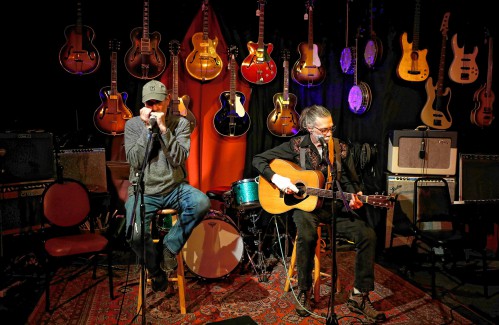 You’re up next: Western Mass open mic scene heats up post-pandemic
You’re up next: Western Mass open mic scene heats up post-pandemic Sounds Local: Fun for the whole family: Meltdown, a book and music fest for kids, returns to Greenfield this Saturday
Sounds Local: Fun for the whole family: Meltdown, a book and music fest for kids, returns to Greenfield this Saturday
